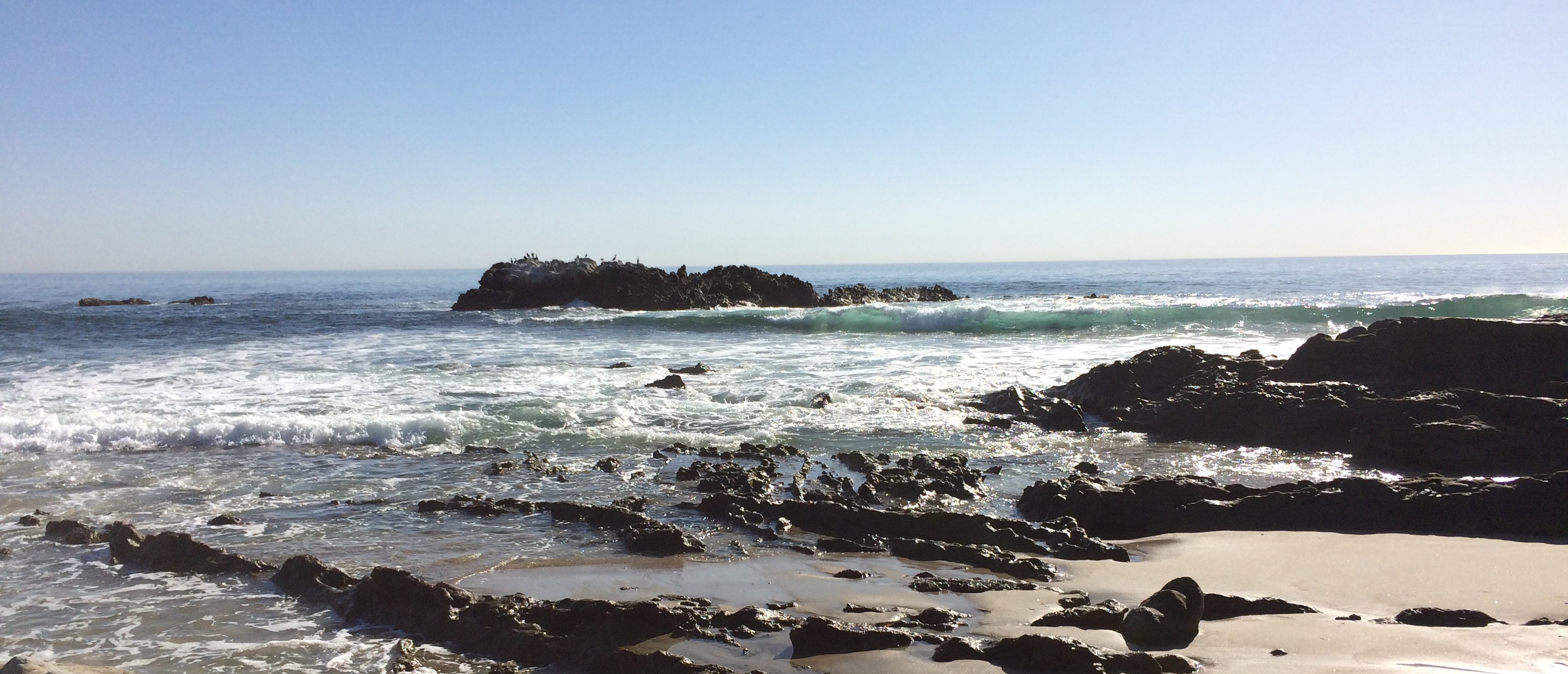This week began with Easter and ends with Earth Day (April 22).1 The resurrection is the foundational event for Christians, so Easter is joyously celebrated in all Christian traditions. Care of the earth, on the other hand, remains a fringe concern within the church.
Fewer than one-third of white Evangelical Christians view climate change as a serious problem, and some even see it as a distraction from the mission to spread the gospel. Focusing solely on human flourishing, the Cornwall Alliance uses the language of “stewardship of creation” to cloak a message of global development and continued fossil fuel consumption, claiming that is the only way to lift people out of poverty.
Such Christians lose sight of how intertwined human well-being is with the rest of the natural world. They also miss several Biblical themes that support Christian environmentalism:
- We should care about the earth because God does.
According to Genesis 1, God saw that each step of creation was good, concluding in Genesis 1:31, “God saw everything that he had made, and indeed, it was very good.” Even though humans are given dominion over other creatures (Genesis 1:26), that should be understood as care-taking, not exploitation, because:
- God’s first assignment to humans was to take care of the earth.
In the retelling of the creation story in Genesis 2, God is explicit about our relationship to the natural world. We read in Genesis 2:15: “The Lord God took the man and put him in the garden of Eden to till it and keep it.” As the ones created in God’s image, humans are charged with caring for the land and for all forms of life that rely on it. Humans like to claim privilege over other creatures, but we are also at the top of the food chain. We must have healthy ecosystems to survive, whereas the rest of creation would likely thrive without us. By caring for the earth, we follow God’s commandment, and also guarantee a livable earth for future generations.
- Jesus is both creator and redeemer of the earth.
The Gospel of John begins by affirming that the Word, which would become flesh as Jesus, was with God in the beginning, and that “all things came into being through him, and without him not one thing came into being” (John 1:1-3). By taking human form, God affirms the created world by becoming part of it, and through Jesus’ death and resurrection all things – not just humans – are reconciled to God (Colossians 1:15-20) and set free from bondage to decay (Romans 8:19-21).
- Jesus cared for the poor and marginalized, who suffer most from the effects of climate change.
Jesus frequently points to the poor as those we should care about. He begins his ministry by announcing that he has come to “bring good news to the poor . . . to let the oppressed go free” (Luke 4:18), and one of his final messages is that we will be judged on whether we show compassion to those who are hungry, thirsty, strangers, sick, naked, or in prison (Matthew 25:31-46). We are already seeing climate refugees from rising sea levels, severe storms, wildfires, drought, and famine, and without a swift transition away from fossil fuels, those numbers will increase drastically.
- The glory of God is revealed in nature.
From the first description of creation in Genesis to the river and the tree of life in Revelation 22, scripture relates God’s presence and glory in nature. According to Psalm 19, “the heavens are telling the glory of God,” and passages like Psalm 104 and Job 38-39 offer richly detailed descriptions of the beauty and intricacy of nature. The idea that nature itself could teach us about God was popularized in the Middle Ages as “the Book of Nature.” The current collapse of ecosystems and extinction of species due to human action threatens the balance of nature and its reflection of God’s wisdom and beauty.
Scripture gives Christians many reasons for being concerned about the natural world. Evangelicals often resonate with the idea of caring for God’s creation, while progressives may be moved more by biblical calls for justice.2 Even those who place human flourishing above that of the natural world must recognize that we cannot insulate ourselves from environmental devastation. Humans are interdependent with the rest of the natural world, or as we read in Ecclesiastes 3:19 “the fate of humans and the fate of animals is the same; as one dies, so dies the other.”
April is the perfect time for Earth Day, as plants and animals spring to life after the dormant winter. Easter, too, celebrates God’s power to bring life out of even the most brutal of deaths. As our world continues to experience environmental damage and widespread violence, we need both the regenerative power of nature and the new life promised by the risen Christ.
Donald Fischel’s hymn “Alleluia, Alleluia,” written around the time of the first Earth Day in 1970, beautifully expresses the convergence of these two celebrations and can inspire all Christians to make creation more of a priority:
“Jesus is Lord of all the earth, he is the king of creation!
Alleluia, Alleluia, give thanks to the risen Lord,
Alleluia, Alleluia, sing praise to his name!”
